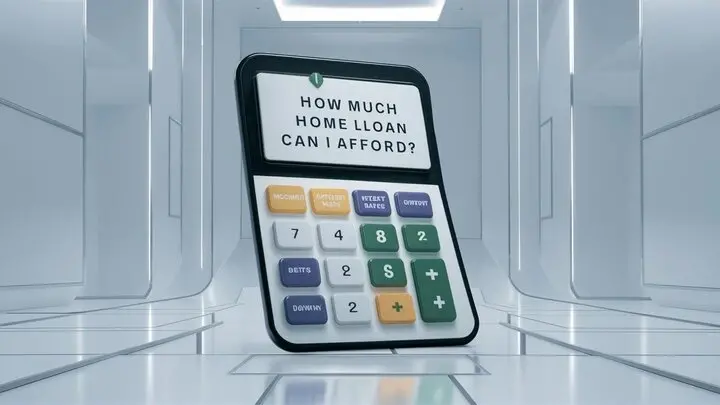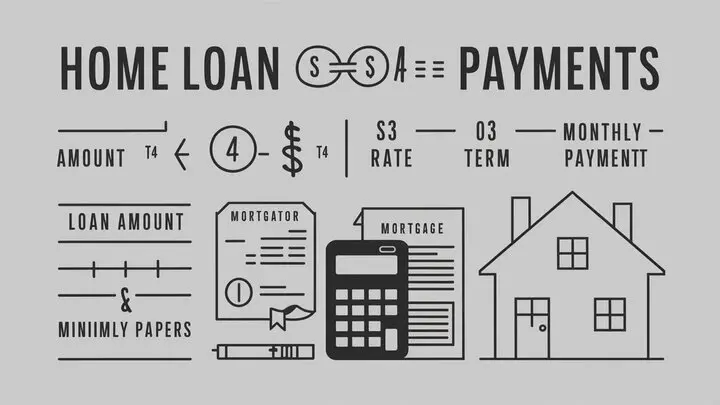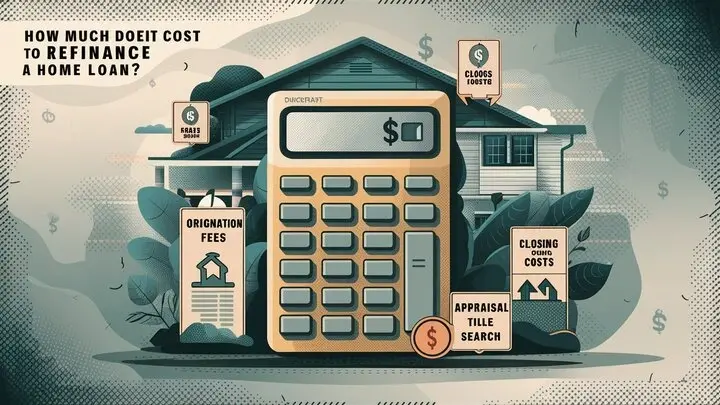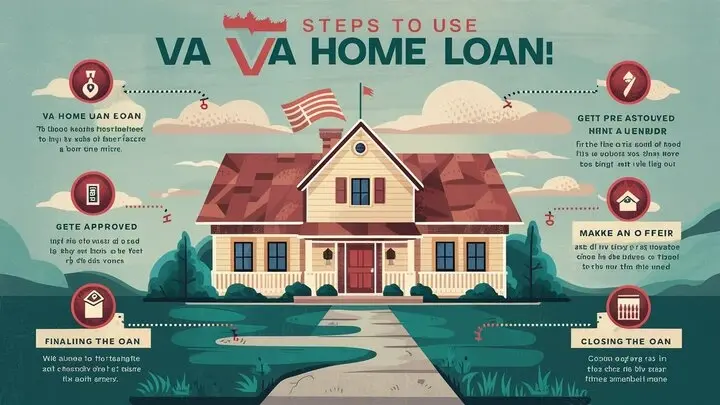-
Posted on: 23 Aug 2024

-
In situations where you find yourself needing cash for home remodeling, to pay off your debt, or for any other significant reason, a home equity loan is a good loan product to consider. Home equity loans enable you to borrow money by using the equity of your house as collateral and the usual interest rate is quite reasonable to get a one-time lump sum of money. However, before you apply for a home equity loan, you might be asking yourself whether you need to have a good credit score. This guide will also offer more information about credit requirements for home equity loans and other choices if your credit is not the best.
What Credit Score Would Lenders Look At Home Equity Loans?
Even though there are many standard credit score requirements for home equity loans, they can be different for particular lenders. However, in most cases, you will require a FICO credit score of between 620 and 660 or anything higher, to secure a home equity loan from a conventional lender at a reasonable rate. The better your credit rating the higher the chances of approval and lower interest rates you will be eligible to. The most favorable rates for home equity loans or lines of credit are given to those with a credit score of 740 and above.
The above information is true; however, if you have a credit score below 620, you can still be approved for a home equity loan, but the interest rate will be very high. You also risk being rejected by lenders if they consider you to be too credit risky in their eyes. It is advisable to review your credit reports and FICO score before applying for the loan to have an understanding of your credit rating. This can assist in identifying the extent of your credibility to qualify for the credit.
What If I Do Not Have a Good Credit Score?
For those of you whose credit scores are not so good before applying for a home equity loan, you don’t have to worry. However, there are a couple of options that could be of use to you. Some of these include:
Providing a co-signer with good credit – Getting a co-signer such as a close relative or friend will help boost your chances of approval and the APR you are likely to be charged. However, you should also note that the cosigner will also be on the hook for the loan if you are unable to be. Getting a home equity loan for bad credit – Some of the lenders focus on working with individuals with issues with their credit history. These “bad credit” home equity loan companies may accept you when you are rejected by other conventional banks. While it is convenient and fast, interest rates are normally very high, and the fees can also be steep. Be very selective when deciding on where to go and what to do. Applying for a credit builder loan first – Some credit unions and community banks provide special types of secured personal loans aimed at helping to establish a credit history. Paying all your bills on time will start reflecting in your score in about a year or so, thus helping you secure a home equity loan. Fixing credit on your own – If you have one year or more before you can apply for funding, you can repair the credit score enough. The best credit uses include; timely payment of all bills, low balances, and rectification of any wrong information in credit reports. By monitoring your credit reports and FICO score at least twice a year you will know whether your efforts are fruitful.
Occasionally, waiting and doing nothing and allowing your credit score to get better on its own can be beneficial when it comes to getting better home equity loan rates in the future. Anyway, if you require money now for crucial purposes, the types of loans described above can also serve to help you get a loan with a bad credit record.
Balancing the Advantages And Disadvantages of Home Equity Loans
Home equity loans can be very beneficial for getting lump sum financing at reasonable rates for managing essential and other expenses. But there are some drawbacks that must be taken into account before proceeding to take this kind of a loan.
Pros Competitive interest rates Fixed monthly payments Possibility to combine other high-interest debts Interest may be tax-deductible Home equity financing without having to sell the property.
Cons Closing costs and fees Possible to lose home if one is unable to repay loan. Reduced home values could restrict credit access It also means that variable rates may lead to higher payments throughout the loan. Owe a debt on a home that you do not occupy any longer.
It is important to be an informed borrower in case you are preparing to apply for a home equity loan or line of credit in order to have reasonable expectations. Be fully aware of how much can be paid as monthly installments so as to avoid foreclosure on your home.
Also understand that low interest rates and healthy housing market make home equity financing attractive, the same cannot be said of tomorrow’s market that will take many years to repay these loans. This makes timely payment a key factor that should not be compromised even by changes in one’s lifestyle.
It is also important to check credit reports and scores before starting applications.
Before you start filling home equity loan applications make sure that you are aware of your credit reports and FICO scores. This way, you get to view what lenders will be looking at when they are assessing your application and in advance, you get to discover the kind of rates and loan amounts that you are likely to be offered.
Website to obtain your credit reports is at AnnualCreditReport. com and FICO scores are available through various apps and websites such as myFICO and Experian. Ensure that you fix any errors or outdated information that is likely to be pulling your credit scores down.
Thus, getting the most favorable credit status before applying for a home equity loan or HELOC provides you with the highest chances of being approved and receiving the lowest interest rates and charges. This can save you thousands of dollars in the course of repaying the loan amount.
In case your credit score is low and not as good as it should be right now, it will be wiser to work on it and fix it before applying for the credit. This means that you could get much more affordable home equity loan options available to you so that you can proceed with crucial borrowing requirements.
Improve your credit score now—call (888) 803-7889 for a free consultation!










